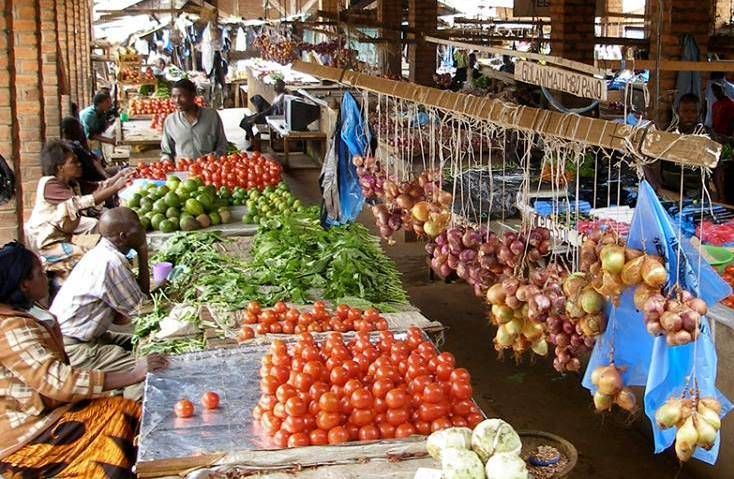
In recent years, Africa has emerged as a vibrant hub of economic growth and opportunity, defying old stereotypes and drawing the attention of global investors. Several African countries have experienced remarkable economic expansion, fueled by a combination of factors including natural resources, demographic trends, and a growing middle class. These nations are not only changing the narrative of Africa's economic potential but are also inspiring a new wave of optimism and development across the continent.
One of the standout performers in Africa's economic renaissance is Ethiopia. With a population exceeding 115 million and an average annual GDP growth rate of around 9%, Ethiopia has become one of the fastest-growing economies in the world. The country's economic transformation has been driven by significant investments in infrastructure, particularly in transportation and energy. The government's ambitious industrialization strategy, coupled with efforts to improve the business environment, has attracted foreign investors and boosted domestic industries.
Rwanda is another African success story, often hailed for its rapid economic growth and effective governance. Despite its small size and tragic history, Rwanda has managed to achieve an average GDP growth rate of over 7% in the past decade. The country has focused on diversifying its economy, with a strong emphasis on technology, tourism, and agriculture. Rwanda's efforts to improve its business environment, tackle corruption, and invest in education and healthcare have contributed to its impressive economic performance.
In West Africa, Ghana has emerged as a beacon of economic stability and growth. With a GDP growth rate averaging around 7% in recent years, Ghana has benefited from its political stability, democratic governance, and a relatively diversified economy. The country's robust agricultural sector, expanding oil and gas industry, and growing services sector have all contributed to its economic success. Ghana's efforts to improve its infrastructure and promote a more business-friendly environment have also attracted foreign investment and boosted economic growth.
Ivory Coast, another West African nation, has also experienced significant economic growth in recent years. With an average GDP growth rate of around 7%, Ivory Coast has benefited from its stable political climate and efforts to diversify its economy beyond agriculture. The country has invested heavily in infrastructure, including roads, ports, and energy, which has helped to attract foreign investment and support economic growth. Ivory Coast's focus on improving its business environment and promoting private sector development has also been instrumental in driving its economic success.
In conclusion, Africa's economic landscape is rapidly changing, with several countries experiencing sustained and impressive economic growth. While challenges remain, including infrastructure deficits, poverty, and governance issues, the continent's economic renaissance is a testament to the resilience and potential of its people. As these fast-growing economies continue to evolve and expand, they are not only transforming their own nations but are also reshaping perceptions of Africa's economic future on the global stage.